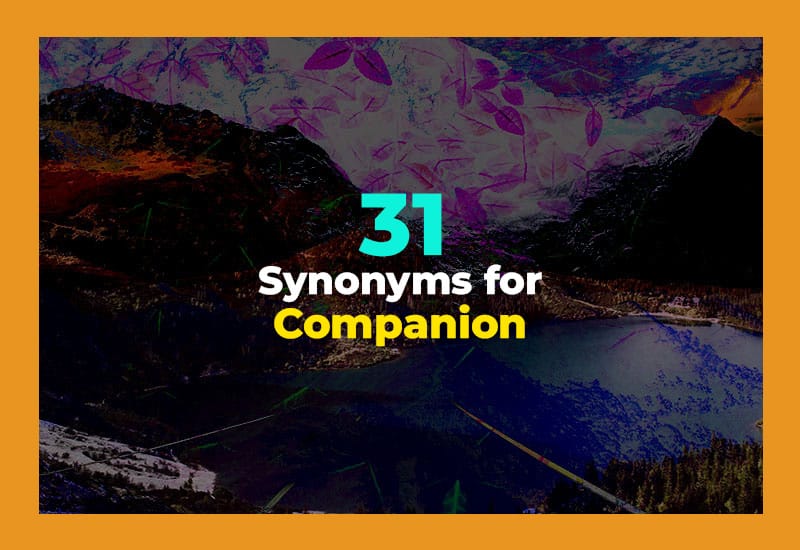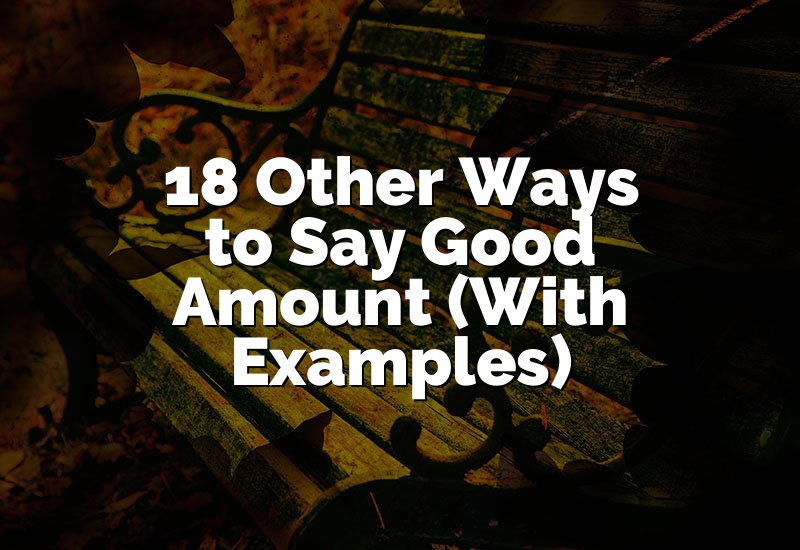You know how having a good companion makes life better? Whether you're hanging out, traveling, or working, a companion is someone who's right there with you. Today, I'm sharing lots of fun and easy words you can use instead of "companion."
1. Friend
A friend is someone you like and trust. Friends spend time with you and help you when you need it. For example, my friend Sarah always listens to me when I'm sad. Friends can be from school, work, or your neighborhood. They share happy moments and sometimes even secrets. Friends don't have to be perfect; they just need to be kind and caring. Having a friend means you are never alone, and you always have someone to share fun or problems with.
2. Partner
A partner is someone who works with you or shares life with you. In business, a partner helps you run the company, like my partner and I started a bakery together. In life, a partner can be someone you love or do things with, like a dance partner. They support you and work side by side with you. Having a good partner means teamwork, trust, and support in everything you do. Life is easier when you have a partner.
3. Buddy
A buddy is a fun word for a close friend. You might say, "Hey buddy, want to play soccer?" Buddies are great for adventures and fun times. They are the friends you call when you want to hang out or watch a movie. Buddies don't have to know everything about you, but they are there to share laughs and good times. Having a buddy means you always have someone to share fun moments with.
4. Pal
Pal is like a buddy, a friendly and casual word for a friend. You can say, "My pal Jake helped me fix my bike." Pals are people you enjoy being with, maybe from school or the neighborhood. They make boring days better just by being there. A pal is someone you can trust and talk to about small things. Having a pal makes everyday life happier.
5. Mate
Mate is a common word in some countries for a friend or companion. For example, "My mate helped me move into my new house." Mates are people who stand by your side and support you. It's a word often used when talking about sports teammates or people in your group. A mate is someone you can count on when you need help or company.
6. Ally
An ally is a person who supports and helps you, especially in difficult times. For example, "She became my ally when I was facing a hard time at work." Allies stand with you and protect you from trouble. They believe in you and want the best for you. Having an ally means you have someone who fights for you and supports your goals.
7. Sidekick
A sidekick is someone who always helps and stays close to a main person. Think of Batman and Robin – Robin is Batman's sidekick. Sidekicks help with tasks and keep the main person company. They might not be the leader, but they are very important. A sidekick is a loyal helper who stays by your side no matter what.
8. Chum
Chum is a friendly, old-fashioned word for a close friend. For example, "My chum and I grew up together in the same town." Chums spend time together and share stories. They enjoy each other's company and trust each other. The word makes the friendship sound warm and easy-going. Having a chum means you have a long-time friend you can count on.
9. Comrade
A comrade is a friend or companion, especially in work or a shared cause. For example, "We are comrades in the school project team." Comrades support each other and work together for the same goal. The word often shows strong loyalty and friendship in tough situations. Having comrades means you are part of a group that cares for each other.
10. Associate
An associate is someone you work with or are connected to professionally. For example, "My associate helped me finish the report on time." Associates may not be close friends but they are companions in work or business. You can trust associates to share tasks and help with jobs. Having good associates means your work or projects go smoother.
11. Colleague
A colleague is a person you work with, like in an office or a company. For example, "My colleague invited me to lunch today." Colleagues share work duties and sometimes become friends. They help each other at the job and make work more enjoyable. Having friendly colleagues makes going to work less stressful.
12. Confidant
A confidant is a person you trust with your secrets. For example, "My sister is my confidant; I tell her everything." Confidants listen without judging and keep your trust safe. They are very important because sharing feelings helps you feel better. Having a confidant means you have someone special to talk to.
13. Acquaintance
An acquaintance is someone you know but not very well. For example, "He's an acquaintance from my gym class." Acquaintances are people you meet sometimes but don't spend much time with. They are not close friends but still companions in a small way. Sometimes acquaintances become closer friends later.
14. Helper
A helper is someone who assists you with tasks. For example, "The helper in the kitchen made cooking faster." Helpers support you by doing things that need to be done. They might not be friends but they are companions in getting work done. Having a helper means less stress and faster results.
15. Escort
An escort is someone who goes with you to places for company or safety. For example, "She was my escort to the party." Escorts make sure you are safe and not alone. They walk or travel with you and provide company. Having an escort means you feel more comfortable in new or busy places.
16. Peer
A peer is someone who is your equal in age or position. For example, "My peers in class helped me understand the lesson." Peers share the same experiences and understand each other. They support each other through similar challenges. Having peers means you are not alone in what you face.
17. Fellow
A fellow is someone who shares an activity or interest with you. For example, "She is a fellow writer and loves books like me." Fellows have something in common and enjoy spending time together. They understand your interests and goals. Having fellows means you can share ideas and learn from others.
18. Roommate
A roommate is a person you live with in the same room or house. For example, "My roommate and I split the rent and chores." Roommates share daily life and make living easier or more fun. They are companions at home and sometimes become close friends. Having a good roommate means less stress and more company.
19. Teammate
A teammate is a person who plays on the same sports team with you. For example, "My teammate scored the winning goal in the game." Teammates work together to win and support each other. They train and play as one unit. Having great teammates makes sports fun and helps everyone improve.
20. Cohort
A cohort is a group of people who share something in common, like a school year or work group. For example, "My cohort finished college together." Cohorts support each other through challenges and celebrate successes. Being part of a cohort means you belong to a team with shared experiences.
21. Companionable
Companionable means friendly and easy to spend time with. For example, "She is very companionable and makes new friends quickly." A companionable person enjoys company and makes others feel welcome. Being companionable helps build good relationships and makes social times fun.

I hope this list helped you find many fun and useful words to say instead of companion. Using these words can make your speech and writing more interesting. Try them with your friends and family to see which ones fit best. Friends, partners, buddies — they all make life brighter and better!









